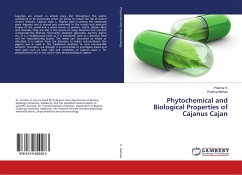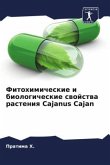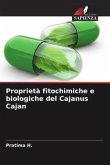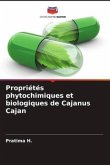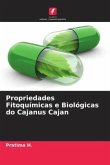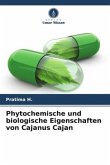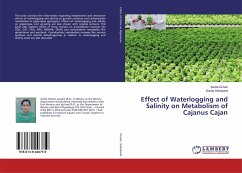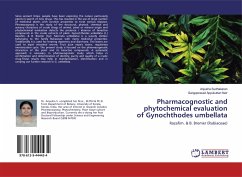Legumes are present in almost every diet throughout the world, considered to be medicinally which are going to reduce the risk of several chronic diseases. Cajanus cajan L. (Pigeon pea) is among the important grain legumes and is grown and consumed in the tropics and semi-arid tropics of the world and a good source of protein, starch, dietary fibre and minerals. They are also a rich source of many bioactive non nutrient compounds like phenols, flavonoids, alkaloids, glycosides, tannins, lignins etc. It is a multipurpose plant as it is extensively used as a livestock feed and for manufacturing pulses. The seeds can consumed as whole or dehulled. It is evident from the literature in Indian sub-continent; the pigeon pea is used in the traditional medicine to cure innumerable ailments. Therefore, we thought it is worthwhile to investigate leaves and seed parts such as seed coat and cotyledon of Cajanus cajan L. for phytochemical and in vivo and in vitro pharmacological aspects.

